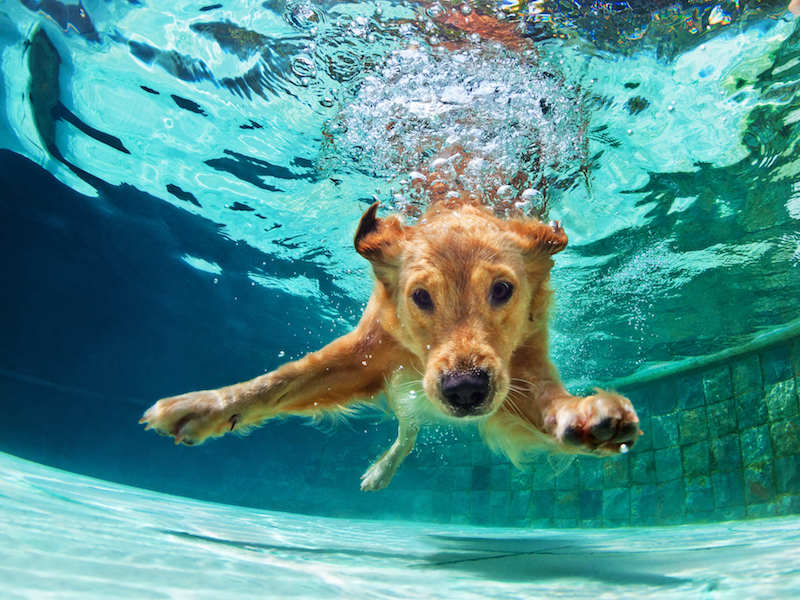
There are a lot of different things that can damage the delicate that makes a hearing aid work the way it does, but not many have the impact of water. In fact, you could call moisture kryptonite for hearing aids. Even if you already know that and take care to protect your investment from the shower, pool, or a good face washing, more than likely you are missing the most common cause of water damage in hearing aids: humidity.
Moisture that you can’t see has the highest chance of causing permanent damage. It’s essential to educate yourself about why humidity damages hearing aids.
Let’s Talk About Humidity
Humidity is a word that gets talked about a lot, especially during the summer months, but what does it mean? PBS describes humidity as water molecules in the air. When presented as a percentage, for example, the relative humidity is 40 percent today, it refers to the amount of water vapor in the air compared to what air could hold. The higher the percentage, the wetter everything feels.
Humans cool their body by sweating so that makes us very sensitive to humidity. When you sweat it evaporates into the air, but that doesn’t happen as quickly when the humidity level is high. Electronics are also susceptible to humidity and that is why it has such a detrimental effect on hearing aids.
Understand Humidities Effect on Hearing Aids
Oddly enough, electronics are not just sensitive to high humidity but low levels as well. When it’s too damp, the intricate electronics will collect condensation. When it’s overly dry things become more brittle.
Internal electronics are the reason your hearing aids work. A sophisticated audio processing chip manages noise levels in a modern hearing aid. It’s what is behind elegant features like:
- Noise reduction
- Anti-feedback
- Targeted listening programs
- Digital sound streaming
High humidity causes moisture to accumulate inside the hearing aids destroying that chip. Batteries get ruined and you get corrosion of elements inside of the case. It’s the same as throwing your hearing aid in a tub of water.
Dealing With Humidity
If you are investing in hearing aids, try to find products that are water-resistant. This feature will give you some protection against humidity and wet weather, but you still can’t swim with them in.
When it’s very humid try to decrease indoor water vapor by utilizing a dehumidifier. It’s not only your hearing aid that will benefit, there are health benefits, and other electronic devices in your house will also be protected. Dust mites, mildew, and mold thrive in moist environments so a dehumidifier will improve the quality of breathing as well. However, protecting your hearing aid more completely will require additional thinking. There are a few other things you can and should do.
Consider buying a dehumidifier designed especially for hearing aids. They come at all costs levels. Silica gel crystals in a drying kit are used to protect electronics. You put the device in the dehumidifier for a couple of hours to eliminate moisture. Drying your hearing aids as you sleep at night can be done using specially designed storage containers. In a pinch, you could use a bag of uncooked rice to remove moisture.
Get in the habit of opening the battery compartment every time you store your hearing aids. When you expose the battery and inner elements to air by leaving the door open, condensation can evaporate by itself. Don’t just do this in the summer, do it all year round.
A cool dry place is the ideal for storage. Avoid putting them in the glove compartment, in a hot room or on a table in the sun.
Thinking Past Humidity
Damage can be caused by other types of wetness. Take precautions to protect them from other kinds of wet such as:
- Don’t touch your hearing aids with hands that are still moist from lotion.
- Find a safe place to store your hearing aids if headed for the pool or beach.
- When exercising wear a sweatband. It’s a good practice whether you wear your hearing aids when you workout or not. Later that sweat will cause problems.
- Check surfaces before you put your hearing aid down. You don’t want to place it in a wet spot left by a glass or coffee cup.
Treat your hearing like the valuable asset that it is. Consider how moisture and humidity can impact them and take steps to prevent water damage. If your hearing aid already has water damage make an appointment.
